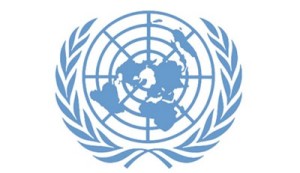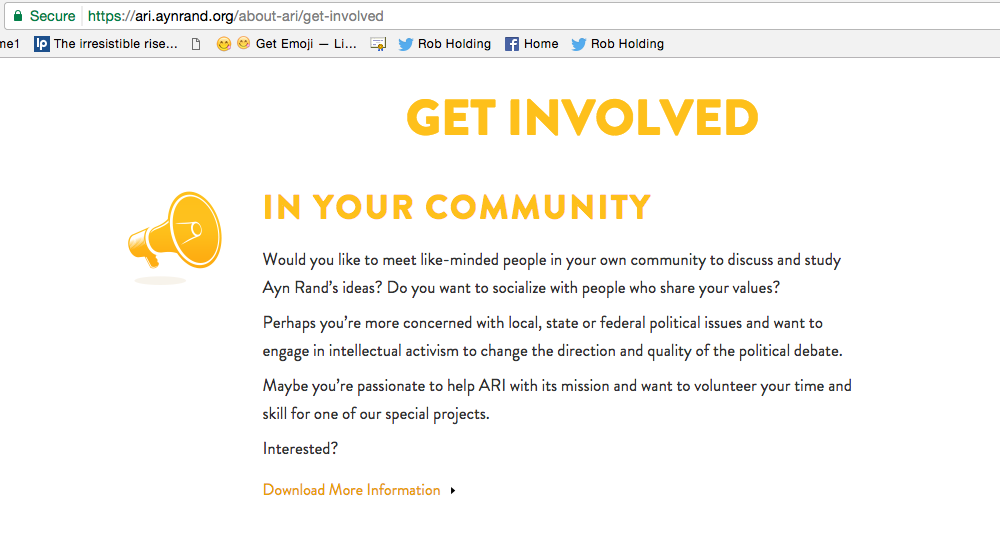 My consulting work is focused on helping nonprofits, NGOs, government programs, etc. But I monitor online sites like Quora, Reddit and YahooAnswers, as well having conversations with various people, and the result of that is that I have found many people are struggling with a whole host of issues related to their own volunteering – or attempts to volunteer.
My consulting work is focused on helping nonprofits, NGOs, government programs, etc. But I monitor online sites like Quora, Reddit and YahooAnswers, as well having conversations with various people, and the result of that is that I have found many people are struggling with a whole host of issues related to their own volunteering – or attempts to volunteer.
So many corporate folks thought all potential volunteers needed was a web site to search for opportunities. But while such sites have proliferated, guidance on how to choose a volunteering assignment, the options available, things to consider before signing up, even how to complain about a volunteering experience, are severely lacking.
Because of this lack of guidance for volunteers and people that want to volunteer, I created a section on my web site focused on helping people who want to make a difference in some way, through volunteering or through a career. The pages also are meant to help people who are assigned community service by a court or by a school, not only to help them access opportunities but also to move beyond “I have to do this so I am.” Please note that the pages do have advertising – clicks on ads help me pay the costs of hosting my web site, including the blog you are reading now, and pay for Internet access. Please also note I receive no funding for the time I spend researching topics and creating materials for this blog or my web site.
The resources also include:
Detailed information for teens that want or need to find community service or volunteering tasks.
Ways you can volunteer, no matter how young you are (a lot of folks are under 13 but really, really want to do something)
Advice for family volunteering – volunteering by families with children.
Advice for volunteering as a group / volunteering in a group and a special page of advice specifically regarding group volunteering for atheist and secular volunteers (how to find welcoming opportunities for groups of volunteers that are not religious-based/faith-based).
How to find or create volunteering opportunities to help seniors / elders / the elderly that moves well beyond the “go be nice to old people” advice on other pages.
Advice for finding volunteer activities during the holidays (spoiler alert: start looking in as early as August – not even kidding).
Online Volunteering / Virtual Volunteering: finding volunteering tasks you can do from wherever you are in the world. While my book with Susan J. Ellis, The Last Virtual Volunteering Guidebook, is focused on helping organizations, this page is meant to help people that want to be online volunteers.
Volunteering to help after major disasters for those that have ever wanted to help people affected by a sudden event like an earthquake, flood, tornado, hurricane, fire or human-caused event, this resource details what you need to do NOW.
Volunteering to address a volunteer’s own mental health, designed to help a person have realistic expectations for volunteering to address his or her own loneliness, depression, anxiety, etc., and to avoid an experience that will make the volunteer feel worse instead of better.
Volunteering with organizations that help animals and wildlife. This is one of the most sought-after types of volunteering, and many people think they should pay large amounts of money to go overseas and help wildlife (and that wildlife is, in fact, being exploited and endangered by these volunteers).
Volunteering on public lands in the USA. While national parks, national forests, national monuments, federally-managed historic sites, Bureau of Land Management land, state parks, wetlands, etc. have fairly decent and easy-to-find information for potential volunteers, there’s no one page that tells people what all of their options are – I’ve tried to address that.
Using your business skills for good – volunteering your business management skills, to help people start, expand or improve small businesses / micro enterprises, to help people building businesses in high-poverty areas, and to help people entering or re-entering the workforce.
Volunteering in pursuit of a medical, veterinary or social work degree / career – volunteering that will help build your skills and give you experience applying skills to work in these fields.
Ideas for Leadership Volunteering Activities. These are more than just do-it-yourself volunteering – these are ideas to create or lead a sustainable, lasting benefit to a community, recruiting others to help and to have a leadership role as a volunteer. These can also be activities for a Capstone project, the Girl Scouts Gold Award, the Duke of Edinburgh’s Award (U.K.), a mitzvah project, or even scholarship consideration. This is also a resource for any person that wants to create his or her own volunteering activity.
Fund raising for a cause or organization – how to raise money for a nonprofit, non-governmental organization (NGO), charity or program you care about.
Crowdfunding for a personal cause: raising money to help with health care costs for a sick family member, someone in a dire financial crisis, etc. (as opposed to raising money for a nonprofit)
Donating things instead of cash or time (in-kind contributions) – do people living in poverty, or people after a disaster, really want your used shoes, your used clothes, your used car, etc.?
Creating or holding a successful community event or fund raising event – before you throw a concert or marathon or comedy show or whatever to raise money, read this.
How to make a difference internationally / globally/ in another country Without going abroad. Yes, there really are ways you can help without moving or traveling.
Ideas for Funding Your Volunteering Abroad Trip. This resource includes suggestions of ethical programs and questions to ask any program that wants your money to give you your feel-good short-term volunteering experience in another country.
Tax credits for volunteering – advice for residents of the USA.
How you can advocate for an issue important to you. If there is something you want to tell people about, to prompt them to care, even to prompt them to action, this resource is for you.
Also see my blogs to discourage people from voluntourism and the dangers of “volunteering” to help wildlife abroad.

If you have benefited from this blog or other parts of my web site and would like to support the time that went into developing material, researching information, preparing articles, updating pages, etc., here is how you can help.









